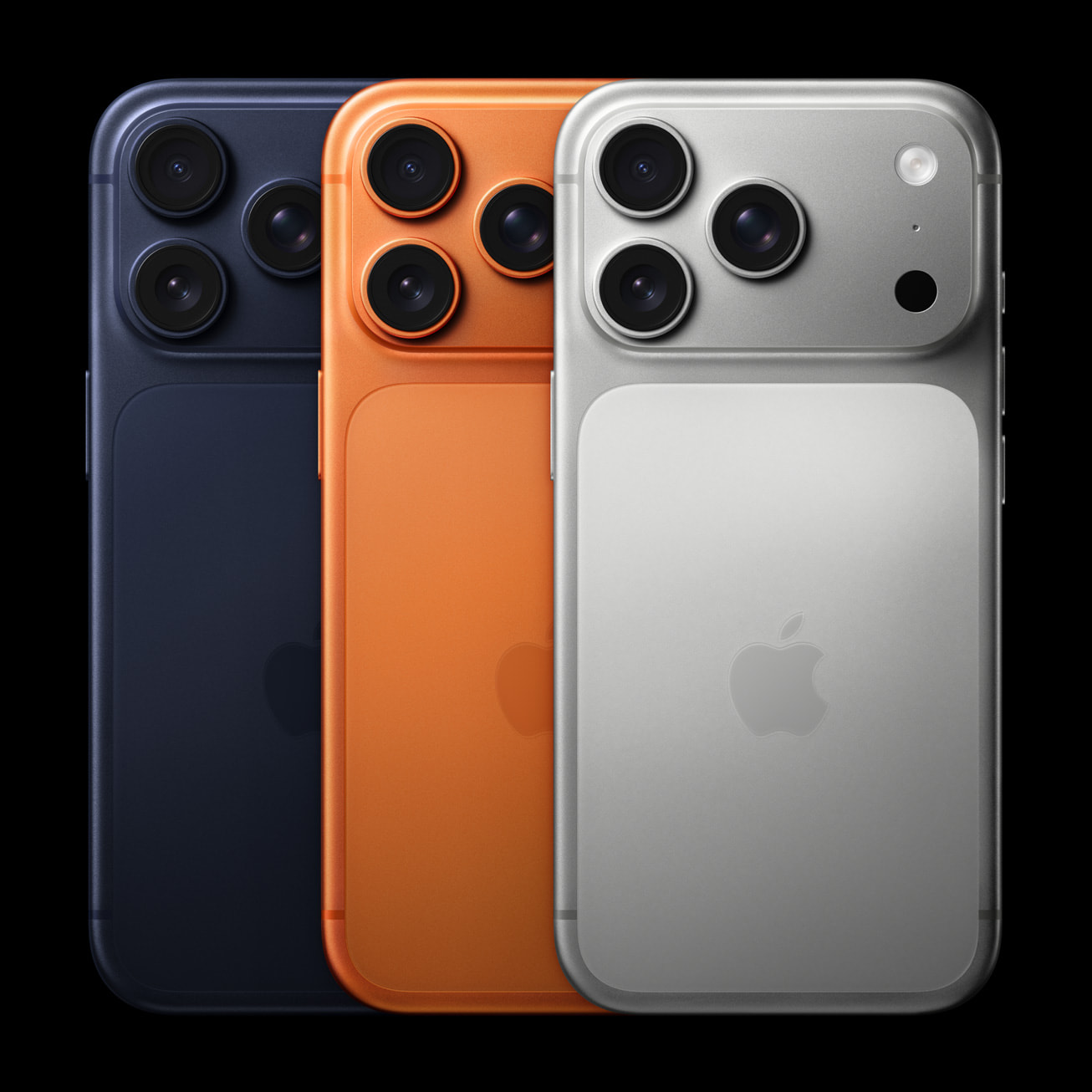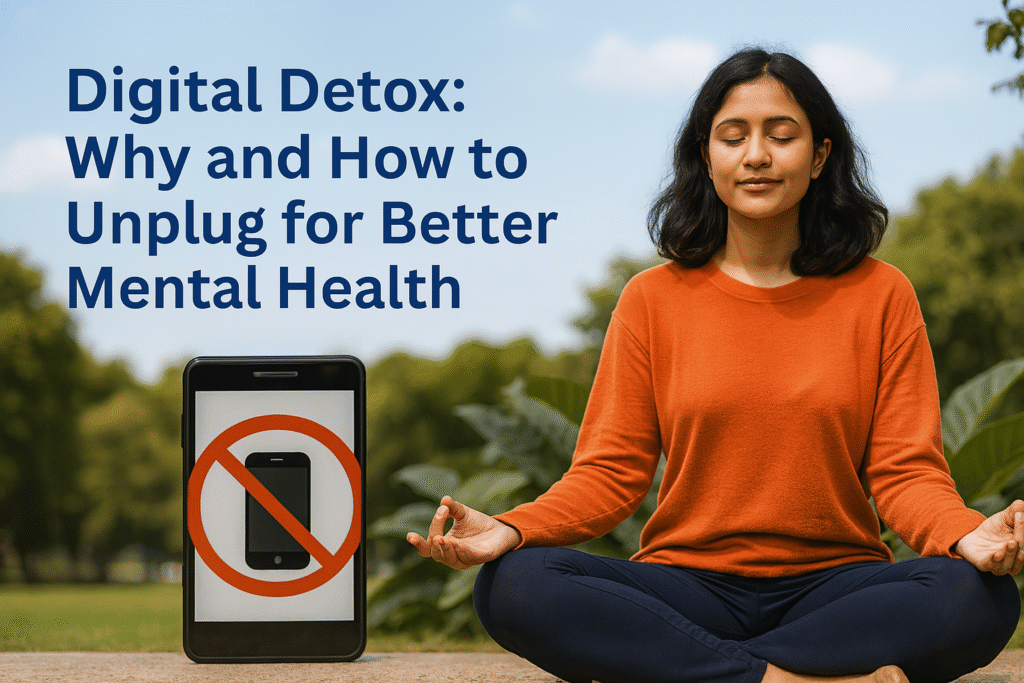In our hyper-connected world, many people feel overwhelmed by constant notifications, endless scrolling, and the need to stay digitally updated. While technology connects us, it also leads to stress, anxiety, and decreased focus when overused. This article explores why a digital detox is crucial for mental health and how you can unplug to regain control of your well-being.
What is a Digital Detox?
A digital detox involves taking a break from digital devices like smartphones, tablets, and computers to reduce stress and focus on real-life interactions and activities. It allows your brain to rest from constant stimulation, helping you reconnect with yourself and your surroundings.
Why You Need a Digital Detox
1. The Link Between Screen Time and Mental Health
Excessive screen time has been linked to increased anxiety, depression, and sleep disturbances. Studies by the American Psychological Association indicate that people who spend significant time on social media report higher stress levels and lower life satisfaction. Notifications and digital interruptions can also reduce your ability to focus, impacting productivity and emotional health.
2. Sleep Quality Declines with Excessive Screen Time
Blue light emitted by screens affects melatonin production, making it harder to fall asleep. Poor sleep quality contributes to mood swings, anxiety, and decreased cognitive function, creating a cycle of mental fatigue.
3. Constant Connectivity Increases Stress
The pressure to respond instantly to messages and emails and to keep up with online activities can contribute to chronic stress and burnout. Taking a break allows your mind to rest, reducing cortisol levels and restoring emotional balance.
Benefits of a Digital Detox
- Improved sleep quality
- Increased focus and productivity
- Better mood and reduced anxiety
- Stronger real-life connections
- Enhanced creativity and mindfulness
Signs You Need a Digital Detox
- Checking your phone first thing in the morning and last thing at night
- Feeling anxious or stressed when away from your phone
- Difficulty focusing on tasks without checking notifications
- Sleep disturbances and fatigue
- Neglecting real-life activities or relationships
If you identify with these signs, a digital detox can help you regain balance.
How to Start Your Digital Detox
1. Set Clear Goals
Decide why you need a digital detox. Whether it is improving your sleep, focusing better, or reducing stress, clear goals will help you stay committed.
2. Establish Phone-Free Zones
Designate areas in your home where digital devices are not allowed, such as the dining table and bedroom. This promotes better sleep and encourages meaningful offline interactions.
3. Use Technology to Manage Technology
Use screen time management apps like Freedom or RescueTime to track and limit your digital use. Setting daily limits on social media apps can help reduce usage.
4. Schedule Offline Activities
Fill your detox time with activities like reading, exercising, journaling, or spending time outdoors. These activities help replace the dopamine hits of scrolling with healthier alternatives.
5. Inform Friends and Family
Let your contacts know you are taking a break to reduce the pressure to respond immediately. This sets expectations and allows you to detox without feeling disconnected.
6. Gradually Reduce Screen Time
Start with small steps, such as avoiding your phone for the first hour after waking up and the last hour before bed. Gradually increase your offline periods as you become comfortable.
Maintaining Balance After Your Detox
A digital detox should not be a one-time event but a practice you incorporate regularly. Consider adopting these habits:
- Regular “phone-free” hours each day
- Weekly digital-free evenings
- Using grayscale mode on your phone to reduce screen appeal
- Being intentional about your online activities, consuming content mindfully rather than mindlessly scrolling
Expert Opinions on Digital Detox
Dr. Jean Twenge, psychologist and author, notes that reducing screen time can significantly improve mood and life satisfaction, especially in teens and young adults. Dr. Anna Lembke, author of Dopamine Nation, explains how digital addiction impacts dopamine pathways in the brain, creating cycles of seeking instant gratification that harm mental health. These expert insights highlight the importance of unplugging for sustained mental well-being.
Real-Life Success Stories
Many professionals who implemented digital detox practices report enhanced focus, improved work-life balance, and reduced anxiety. For example, a marketing manager who practiced “no phone mornings” noticed improved productivity and mental clarity, while a college student reported reduced anxiety and better sleep after limiting social media use to 30 minutes daily.
Conclusion
Your mental health is invaluable, and taking control of your digital habits is a powerful step toward improving your well-being. Start small, track your progress, and make digital detox a regular part of your routine to experience the benefits firsthand.
Ready to reclaim your mental health and live more mindfully? Commit to a digital detox today and share your journey to inspire others to unplug for a healthier, more balanced life.







